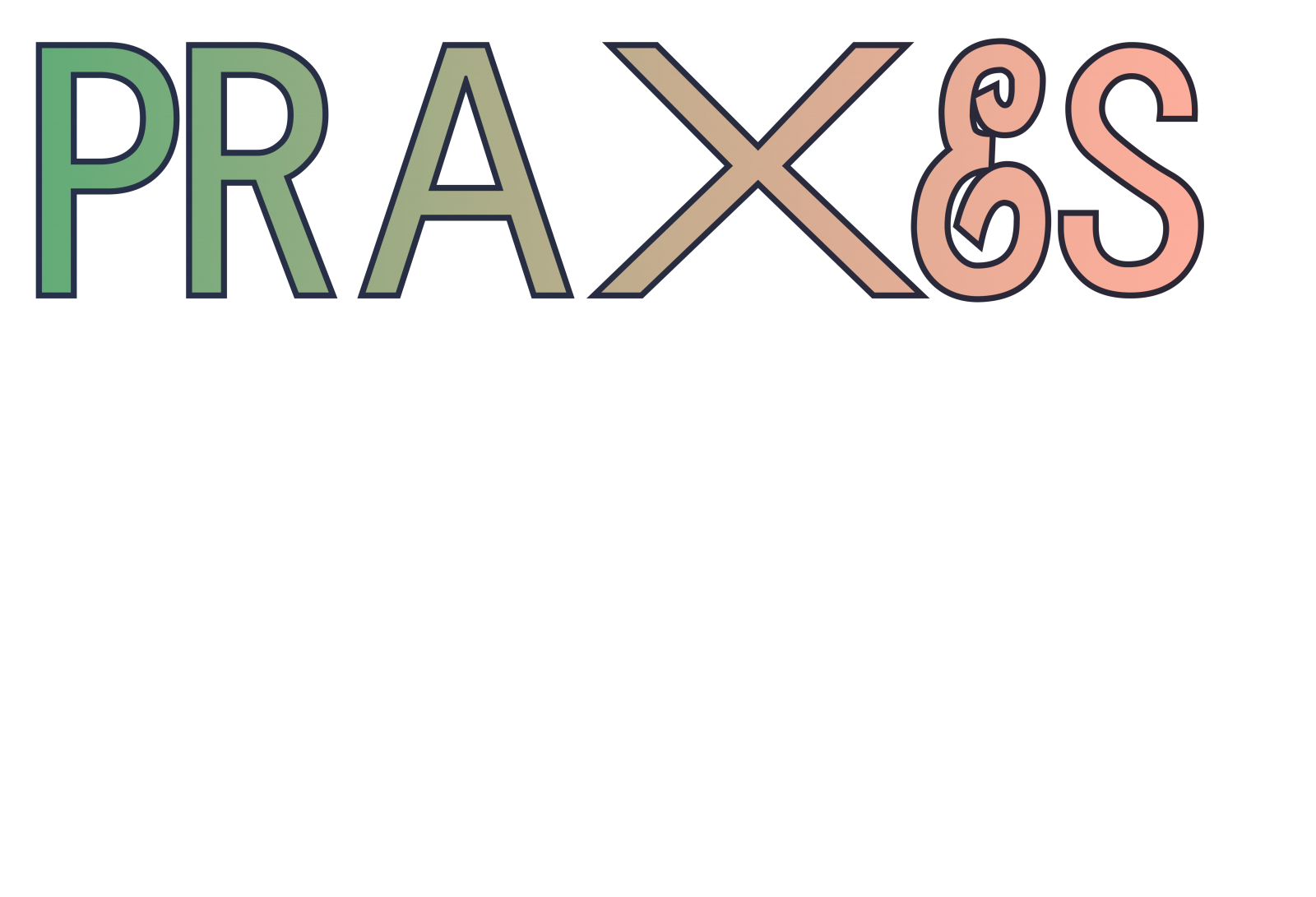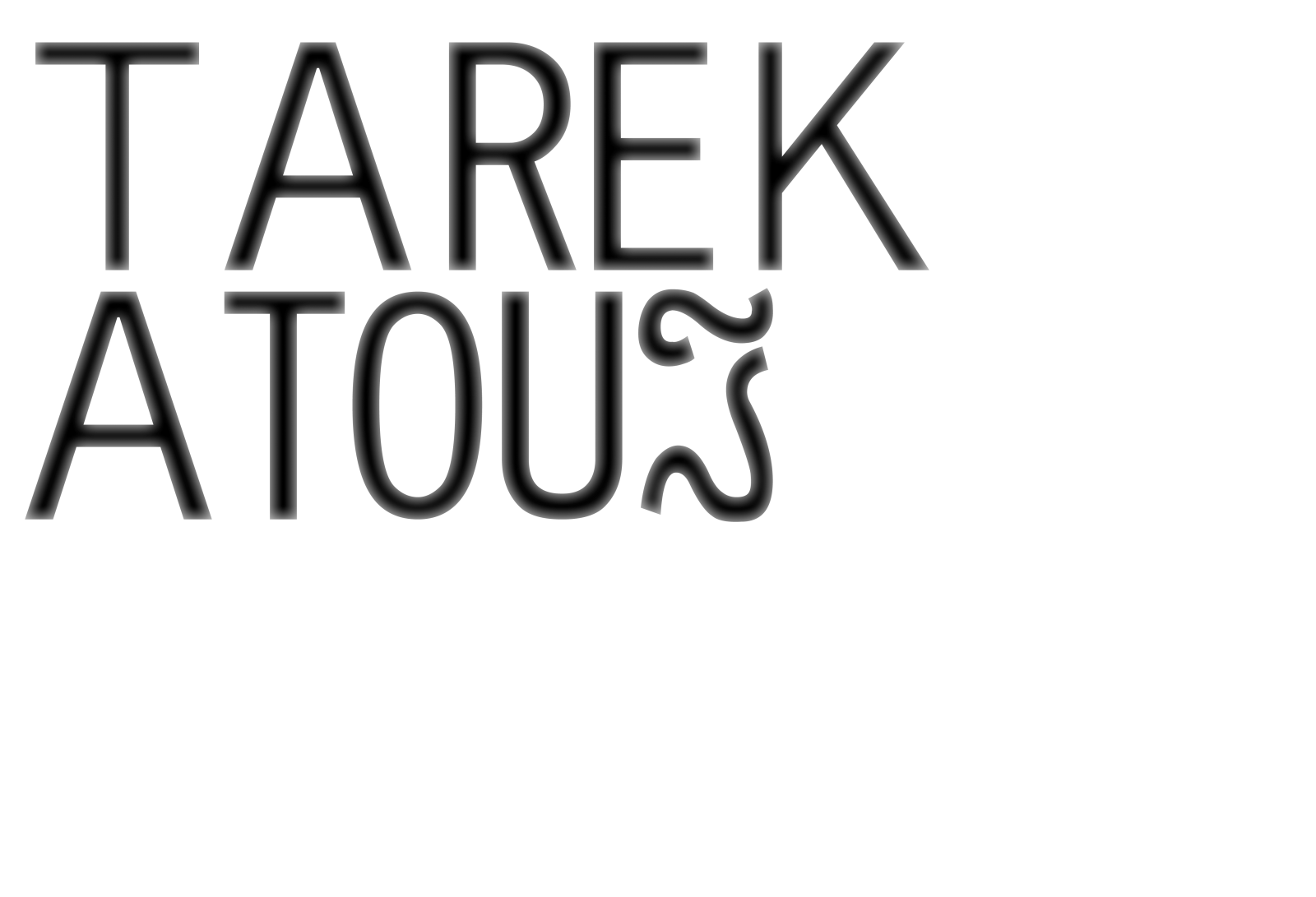Seminar 6.
Adrian Heathfield and Mao Mollona
SEMINAR 6.
ADRIAN HEATHFIELD AND MAO MOLLONA
Infrastructures of Nothing:
The Human, Negation and the Spirit of Capitalism
19.2.2016
MORNING – LED BY MAO MOLLONA
How do notions of humanism and anti-humanism contribute to emergent narratives of late capitalism? How do relationships between persons and objects and their affective reconfiguration enter into the mystique of capital? Can we think of nothingness as a specific economic regime – a new form of plentitude? Bringing together philosophy, economics and anthropology, we consider different trajectories of post-capitalist imagination cast against the scenario of the end of oil in Norway.
SUGGESTED READING
Tim Morton. Buddhaphobia, in Marcus Boon, Eric Cazdyn and Timothy Morton 2015. Nothingness three essays in Buddhism, The University of Chicago Press. Chapter 3. . 185-266
Reza Nageristani. 2009. Cyclonopedia: complicity with anonymous Materials. Re-Press. Chapter Two. (41-67).
Antti Salminen and Tere Vaden. Energy and Experience. An Essay in Nafthology. Chapter Two (29-70)
Peter Lamborn Wilson. 1998. Escape from the nineteenth century. Autonomedia. (pp. 72-86)
Petter Nore and and Trje Osmundsen. Norway – The Priviledged corner of Europe? Three scenarios for Norway towards the year 2000.
AFTERNOON – LED BY ADRIAN HEATHFIELD
Capitalised human production seems oriented towards destruction: of stable states, of social fabric, of spirit, of the error of the human, of the biosphere. And yet, art and culture persistently rejuvenate the human condition, pressing it toward its outsides. If art and culture are some of the prospective (infrastructural) means through which unknown futures are constituted, how should they respond to the exhausted and exhausting situation of contemporary capitalism? In particular, how might they address the dominant dynamics of presentism, accelerated time, the collapse of the future, cultures of pessimism, fear and security, the catastrophic trajectories of the human estate? What is the role of negation and the anti- or non-human in these dynamics? How are art and performance practices transforming contemporary conditions, to de-securitize the future and create new senses of potential and possibility? We will look at one particular cultural instance where these questions of futurity are most fraught – the figure of the child – in order to understand how the future is not what it used to be.
SUGGESTED READING
Jean-Francois Lyotard, About the Human (extract from The Inhuman: Reflections on Time, Polity Press, 1992).
Lee Edelman, The Future is Kid Stuff (extract from No Future: Queer Theory and the Death Drive, Duke University Press, 2004).
Marc Augé, The Future, Verso, 2015. (chapters 1-3).


